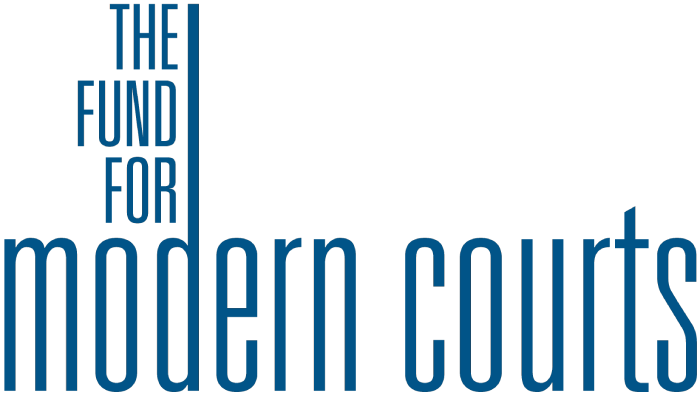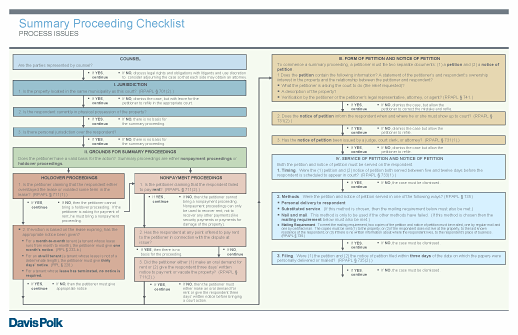Memo Regarding Justice Courts and Covid-19
The Governor, Judiciary, Legislature and the NYSBA consider new ways to address the ongoing and pending eviction crisis in New York State. In addition to supporting a long-term eviction moratorium across New York State, we recommend:
- Consolidating the predicted increase in eviction cases to courts where the strict health and safety requirements have been implemented
- Targeting technological resource disparities
- Offering tenants greater access to representation which in turn provides greater access to justice
- Guaranteeing that eviction cases are heard by judges admitted to practice law in the State of New York
Download the Memo in Support by The Fund for Modern Courts and The New York Legal Services Coalition
Report
Fines and Fees and Jail Time in New York Town and Village Justice Courts- The Unseen Violation of Constitutional and State Law
New York, NY – The Fund for Modern Courts today released a report entitled, Fines and Fees and Jail Time in New York Town and Village Justice Courts: The Unseen Violation of Constitutional and State Law, which found that many town and village justice courts throughout New York ignore the law by issuing bench warrants and jail terms for defendants who are unable to pay fines and fees due to their poverty. As of 2019, there were approximately 1,300 town and village justice courts spread across New York State.
Amelia T.R. Starr, Esq., Vice Chair of the Fund for Modern Courts and one of the authors of the report, said, “Failure to pay the fines imposed by the justice courts can result in significant consequences for a defendant, including imprisonment until the fine is collected. Our report, which is based on extensive interviews, discussions and a state wide-survey, makes it clear that imprisonment for failure to pay fines is not limited to a few counties but stretches across New York.”
The report makes recommendations,:
- amending New York law to require courts to conduct an ability to pay hearing automatically before sentencing a defendant to incarceration for failure to pay rather than placing the burden on defendants to ask; (b) require courts to consider ability to pay before fines are imposed, and not just after a payment has been missed; and (c) give courts discretion to modify the fines in the first instance;
- increasing training for justice courts regarding constitutional and statutory requirements and best practices for imposition and payment of fines;
- implementing better data collection on a centralized basis to monitor the imposition and collection of fines, including data concerning the imposition of jail time for failure to pay; and
- forming a judicial task force to study the imposition and enforcement of fines in justice courts and suggested improvements to ensure that the law is followed and there is a more just and fair process.
_______________________________________________________________________________________
Summary Proceedings in New York’s Town and Village Courts: Ideas for Improvement
Every year, New York’s Town and Village Courts preside over a large number of summary (i.e., eviction) proceedings, each of which can result in significant disruptions to families and the loss of a necessity of life: one’s home. These proceedings, which are governed by strict statutory guidelines, can be complex, and adherence to the applicable guidelines is not always straightforward. The fact that litigants in summary proceedings are often unrepresented by counsel only compounds these difficulties.
This Report makes recommendations designed to address this and other problems. The recommendations include: better and more frequent training for justices; the creation of a reference guide, in the form of a checklist or flowchart, that justices can consult in real time during summary proceedings; increasing the availability of legal services through the use of an adjournment rule; providing increased information on litigants’ rights and legal service providers at clerks’ offices; scheduling days for summary proceedings; and requiring reporting on the number of summary proceedings commenced within a Town or Village Court.
It is our hope that these measures, as well as the others outlined herein, will help mitigate many of the problems currently associated with summary proceedings in the Town and Village Courts.
Read the Report

